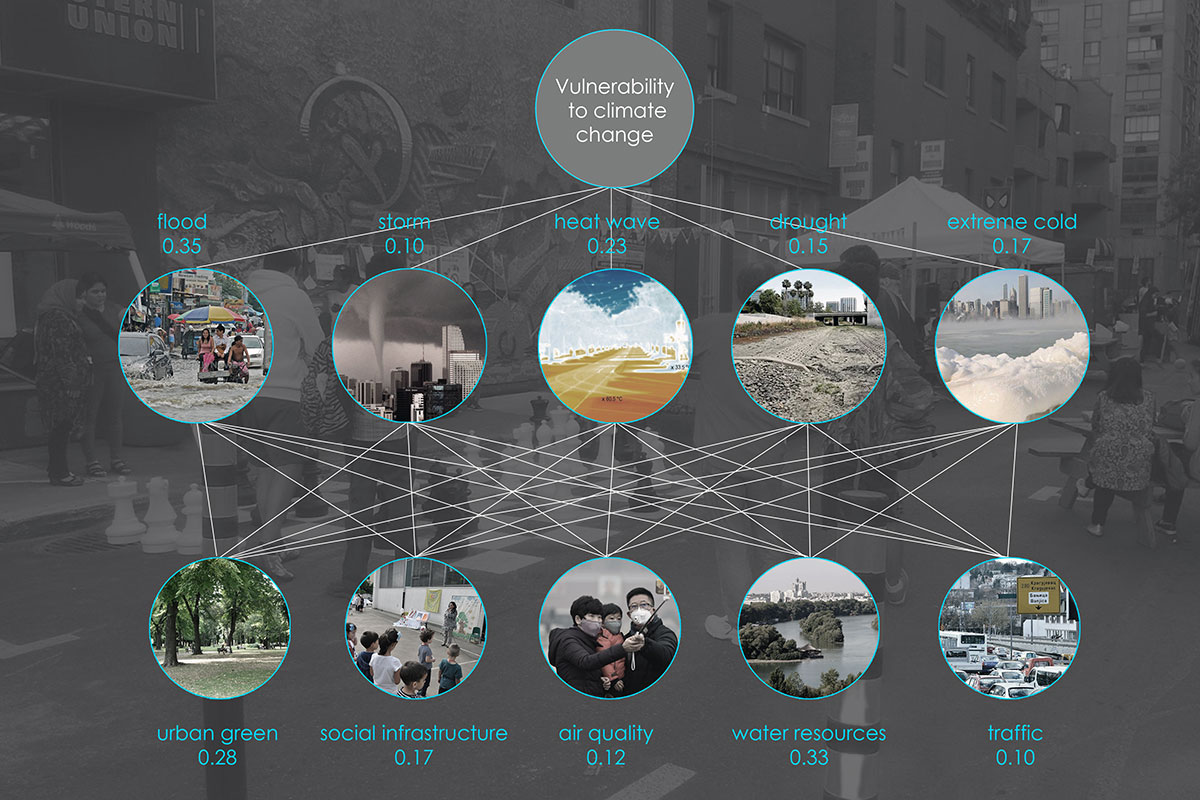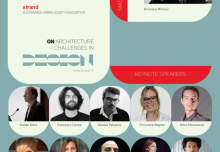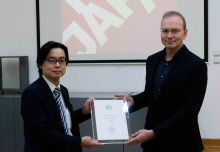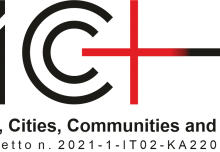Vulnerability to climate change
We are pleased to invite you to the guest lecture “Urban Adaptation to Climate Change: Application of Multi-criteria Decision-making Methods” by Dr. Petar Vranić, research assistant at the Mathematical Institute of the Serbian Academy of Science and Art that will take place on Monday, the March 25th, 2019 at 12.00h, in the room 254 of the Faculty of Architecture in Belgrade.
Dr. Petar Vranić is one of the members from the Serbia interdisciplinary team for the ongoing collaboration during this semester between the Faculty of Architecture and the Rotterdam University of Applied Sciences – The School of Built Environment at 100 Resilient Cities (project leader: Nataša Janković, Ph.D., Research Fellow at FoA).
This collaboration will result in a workshop at the Faculty of Architecture, while students from elective subject MASA-12040-12 (MASIU-12050-12): Ekopolis: koncepti ekološke otpornosti grada (Dr Ivan Simić, assistant professor) will have the opportunity to work with colleagues from Rotterdam through joint work during the semester. The lecture is mandatory for these students, and it is open for all the others!
The lecture will be held on Monday, March 25th, 2019, in room 254, from noon until 2 p.m.
The official language is English – the lecture will be streaming directly to students and colleagues in Rotterdam. We are glad to invite all interested parties to register their presence by sending their names and surnames, as well as the degree of studies and/or work vocation by sending an e-mail to: natasa.jankovic@arh.bg.ac.rs.
All welcome!
Abstract
In synergy with other socio-economic risks, the effects of climate change pose contemporary structural challenges that can not be considered only as an environmental issue. They affect the general development and therefore make the adaptive capacity of a population uncertain in the following decades. Considering the nature of climate policies, which involves decision-making under the conditions of uncertainty, adaptive urban planning and design become inevitable principle. The selection of an adaptation strategy is always a multi-criteria decision problem.
It often requires the integration of qualitative and quantitative criteria and evaluation of the synergistic influence of diverse sets of measures on the observed system vulnerability. It takes into account climate projections and relevant biophysical and anthropogenic factors in the decision-making process. The lecture will introduce the Analytic hierarchy process (AHP), one of the most widely applied multi-criteria decision-making methods, and its potential use in planning and design for climate adaptation in urban areas. In addition, the lecture will shed a light on some cognitive aspects of decision making.
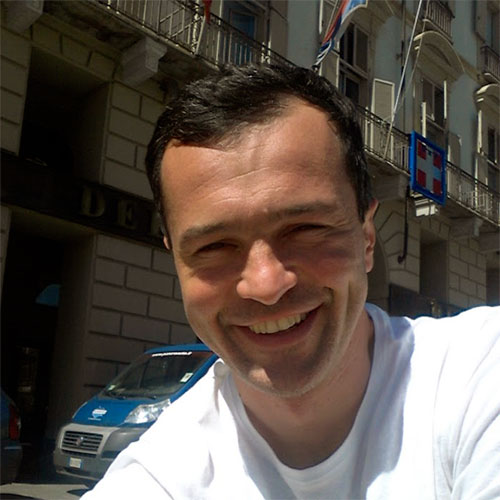
Short Bio
Dr Petar Vranić is a research assistant at the Mathematical Institute of the Serbian Academy of Science and Art. He holds a Ph.D. degree in the field of environmental protection and BSc degree in architecture from the University of Niš, and an MSc degree in sustainable urban planning and design form the Royal Institute of Technology – KTH, University of Stockholm. Dr Petar Vranić is a secretary of the scientific seminar “Decision making – theory, technology and practice” at Mathematical Insitute SASA.
He is a member of the organizing committees of three international conferences “eNergetics”(2016-2019), “The 15th European Conference on Symbolic and Quantitative Approaches to Reasoning with Uncertainty ECSQARU”(2019) and “Path to Knowledge Society – Managing Risks and Innovation”(2019). Dr Petar Vranić collaborated on the project “Integrating Climate Change Adaptation in Urban Planning and Development – Climate Change Adaptation in Western Balkans” (development of Action Plan for Adaptation to Climate Change in Belgrade). He was a visiting researcher at the Forest Research Institute of the Bulgarian Academy of Science and a member of a working group Governance of Urban Forests in a Green Infrastructure approach within COST FP1204 project “GreenInUrbs”. Dr Vranić participated in several training programs in the field of environmental protection and climate change organized by IASS/AWI/GFZ/PIK (Potsdam, Germany), Ministry of Environment Nordrhein-Westfalen/BSWR (Germany), Alpine Research Center of Tuscia University (Italy), etc.
He organized two international workshops: Summer School in Architecture and Urban Design “Sochi Peshkom 2013” under the patronage of the Urban Council of Sochi Resort City, City of Sochi and University of Sochi, and Summer Studio in Urban Design: “Reclaiming Public Space: A New Urban Design Perspective” 2012 under the Faculty of civil engineering and architecture, University of Niš. His research interest is in the area of decision making in urban and environmental planning.
Related Stories:
Guest Lecture: “Understanding Climate Change – Facts and Figures” – Dr Vladimir Đurđević
Guest Lecture: “Unfolding Urban Heritage Conservation As Community-Led Local Development” – Dr. Elena Battaglini
Guest Lecture: ”Wood Use For Health In The Built Environment” – dr Michael Burnard
Guest Lecture: The Europeanization of spatial planning: reasons, mechanisms and dynamics of change – Dr. Giancarlo Cotella
Guest Lecture: Architecture For The Pleasure Of Reason – Martino Pedrozzi
Guest Lecture: “Urban Sustainability – why it is important and how it can be achieved” – Dr. Jerry Anthony
Guest Lecture: “Urban Topography vs. House Scenery” – Tatsuo Iwaoka
Guest Lecture: On Process – Mitesh Dixit
Guest Lecture: Sustainable Urbanism and Globalisation – Prof. Ashraf M. Salama
Guest lecture: ARCHITECT 2049 – Dr. Miloš Dimčić
Guest Lectures: Prof. Alfredo Brillembourg “Urban-Think Tank: Housing the City” and Haris Piplaš “Reactivating Sarajevo’s (Dis)continuous urbanism”
Guest Lecture: about design engineering culture – Professor Hanif Kara
Guest lecture: “The Robotic Touch – How Robots Change Architecture” by Professor Fabio Gramazio
AUR 2014/15 City and Society: Yoshiharu Tsukamoto & Momoyo Kaijima [Atelier Bow-Wow]

